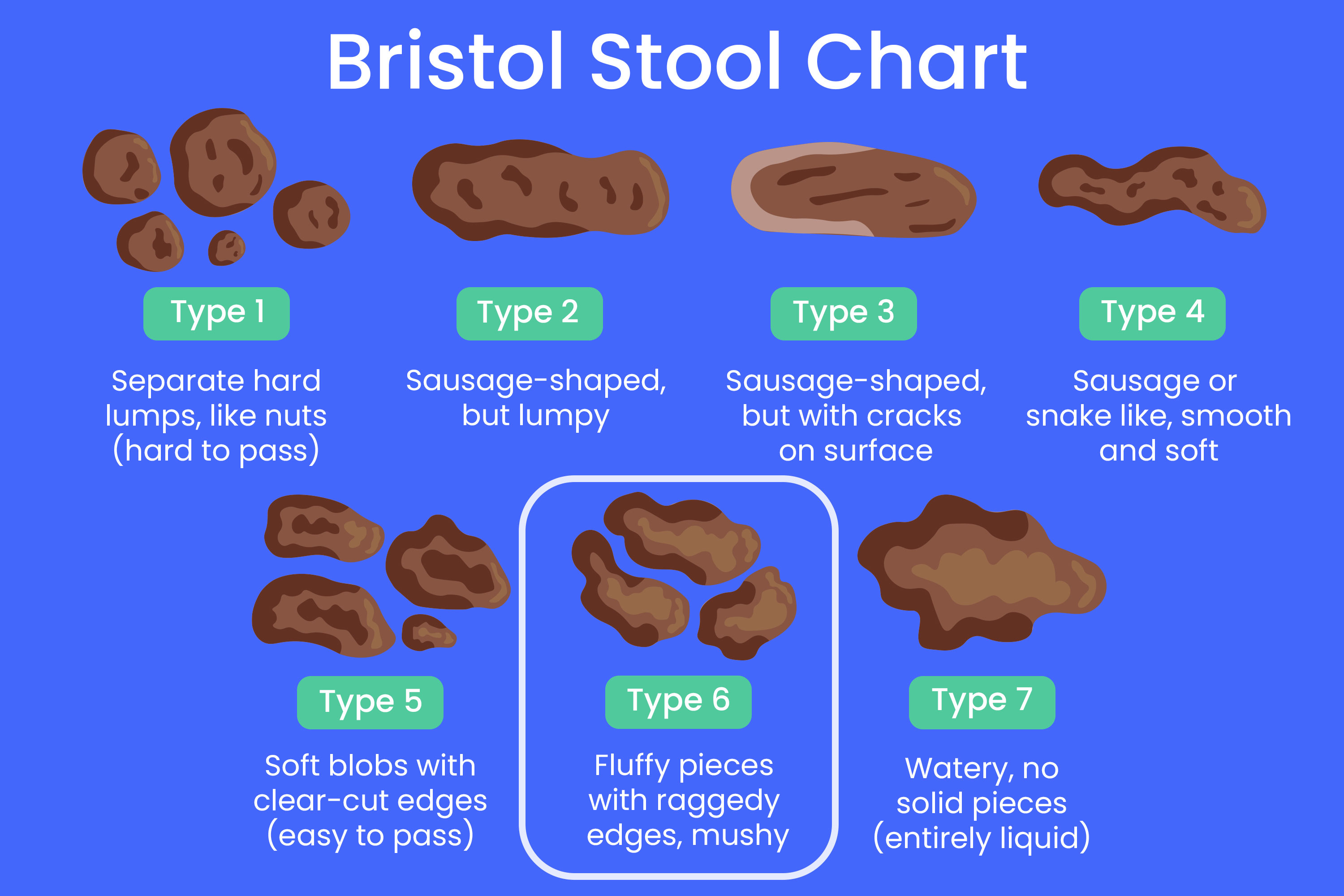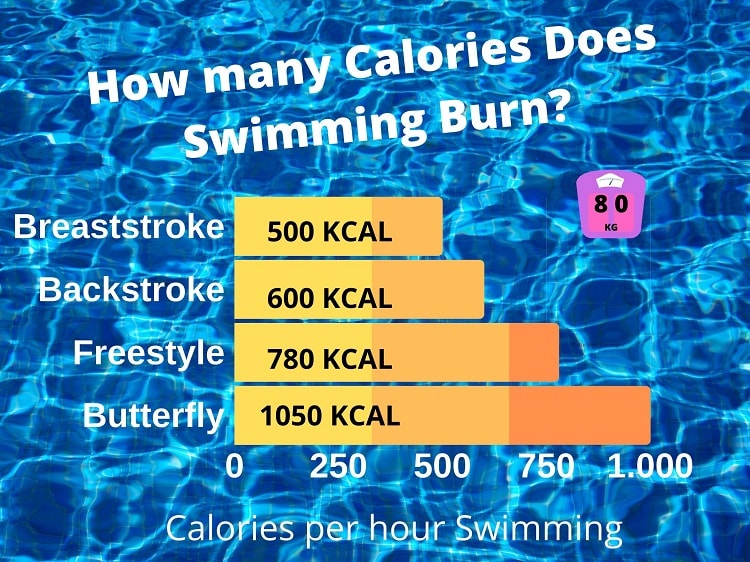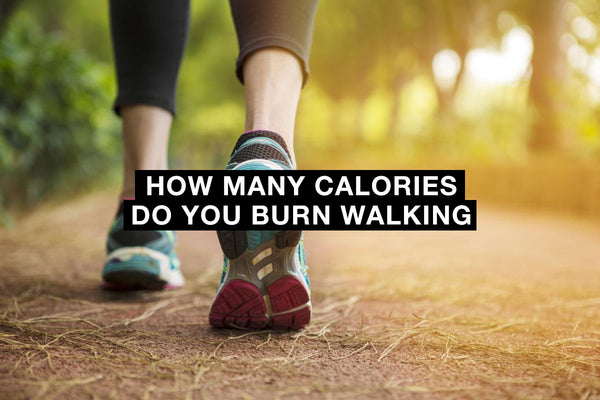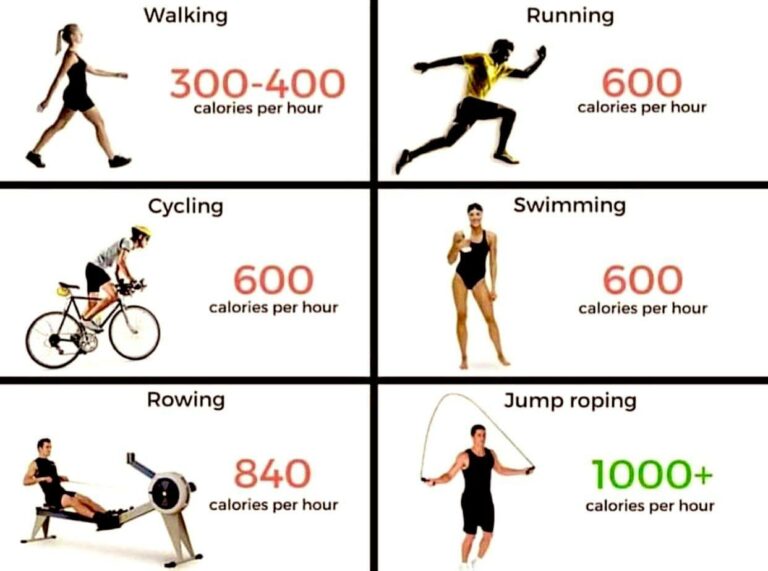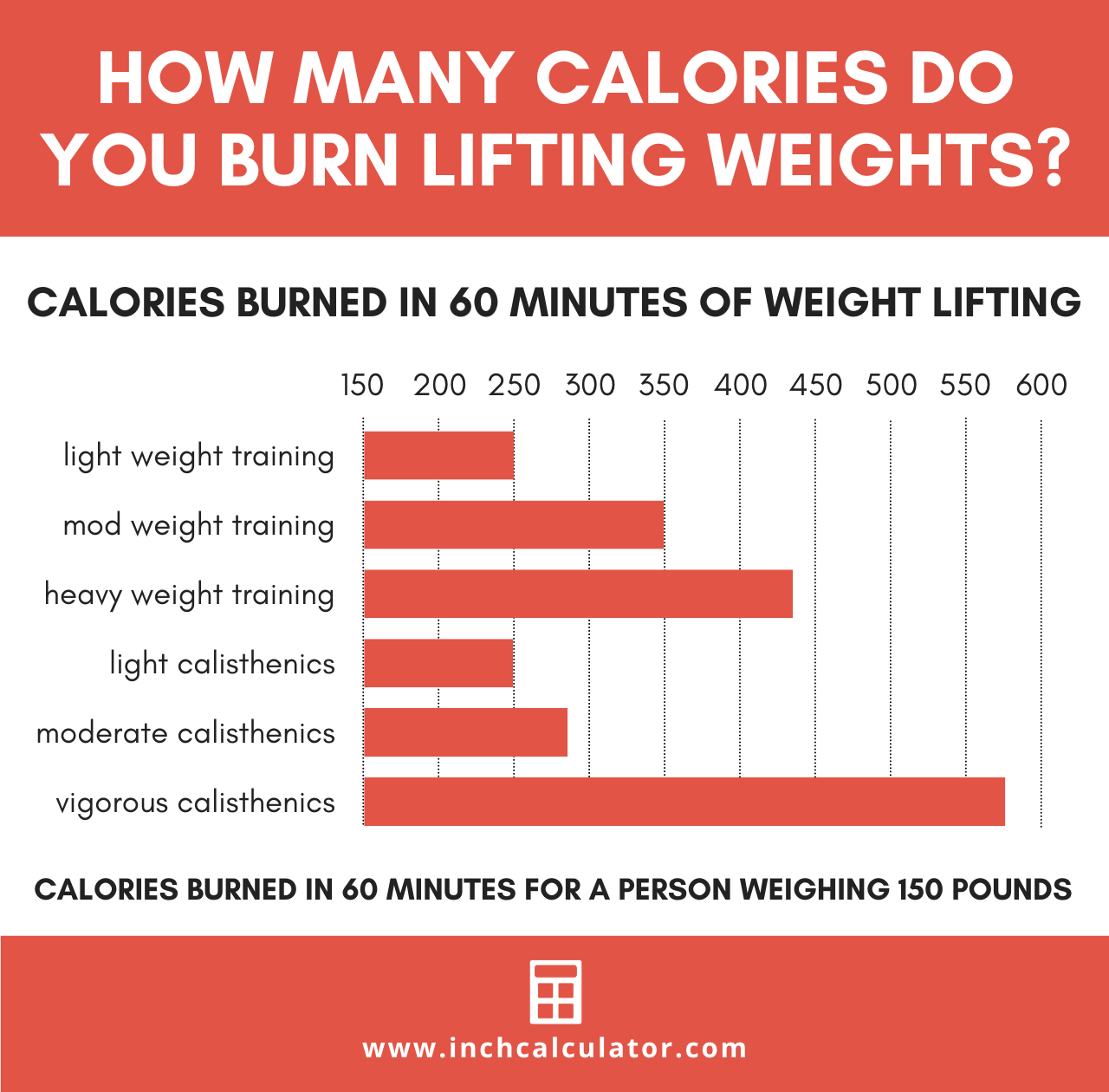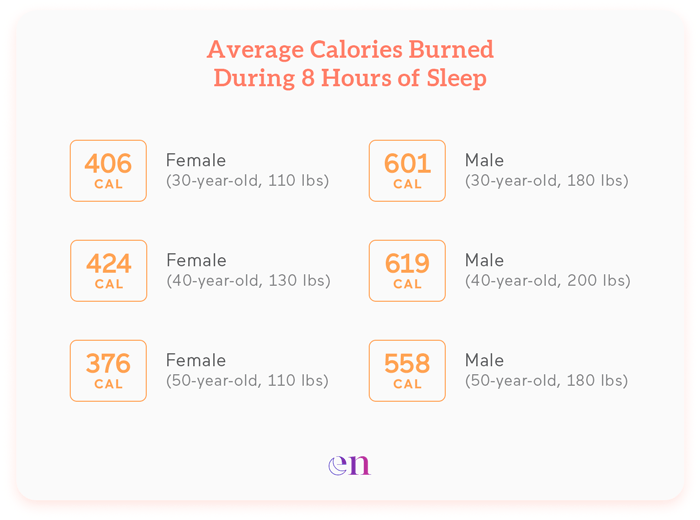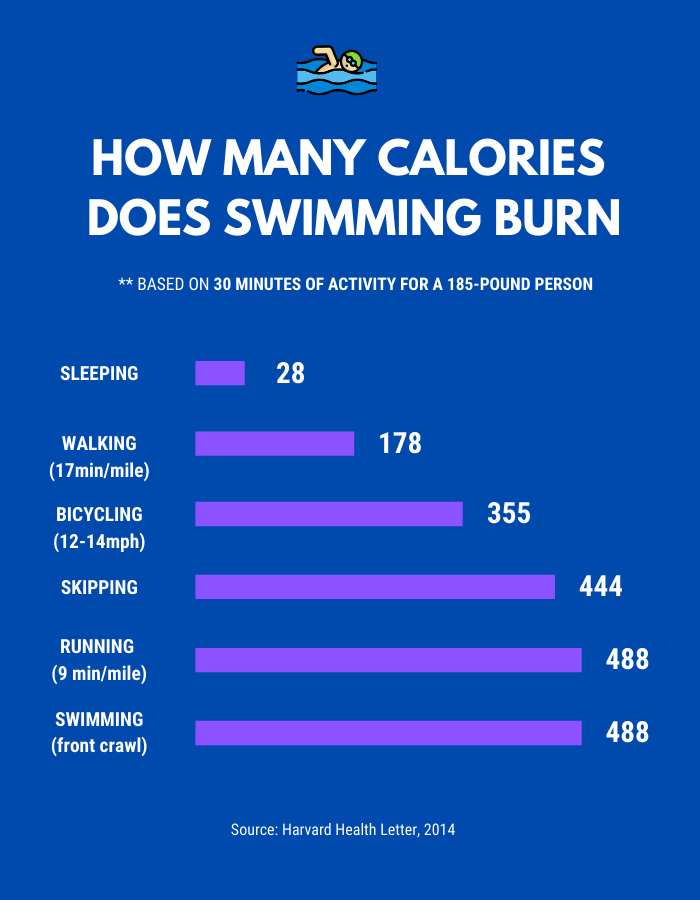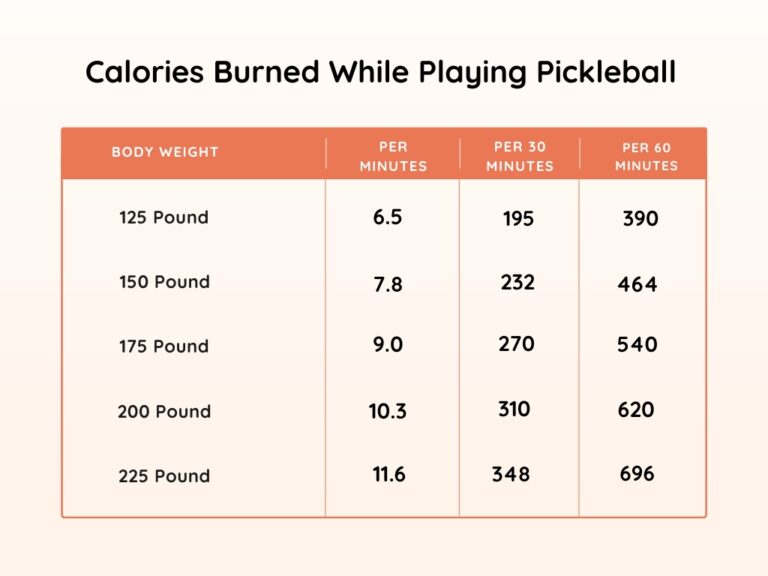How Many Calories Do You Burn While Pooping

The quest to quantify every aspect of our physical existence has led to some truly bizarre inquiries. Among them, a question that's likely crossed the minds of the calorie-conscious: How many calories do you burn while pooping? While it might seem trivial, the answer, or rather the lack thereof, highlights the complexities of human metabolism and the challenges of isolating specific bodily functions for caloric measurement.
This article delves into the (surprisingly murky) science behind defecation and energy expenditure. We will explore the factors at play, debunk some common myths, and offer a realistic perspective on the role of this everyday activity in the grand scheme of calorie burning and weight management. The information will be drawn from credible scientific insights and expert opinions on the matter.
The Elusive Calorie Count: Why It's Hard to Pin Down
Estimating the caloric expenditure of pooping isn't as simple as strapping on a fitness tracker. The process is multifaceted, involving various muscle groups, neurological signals, and hormonal interactions. Isolating these components and quantifying their individual energy contributions presents a significant challenge to researchers.
Furthermore, individual differences in physiology, diet, and bowel habits introduce even greater variability. A person with a high-fiber diet and regular bowel movements might expend a slightly different amount of energy than someone with a less consistent digestive system.
The Mechanics of Defecation: Muscles at Work
The act of defecation involves a coordinated effort from several muscle groups. The abdominal muscles contract to increase intra-abdominal pressure, while the pelvic floor muscles relax to allow passage of stool.
The intestinal muscles, through peristalsis, play a critical role in moving waste through the digestive tract. Although these muscular contractions do expend energy, their contribution to the overall calorie count is likely minimal.
Estimates and Speculation: What Little Evidence Exists
Due to the lack of direct studies on the caloric cost of pooping, any estimates are based on extrapolations from related research. For example, studies on general muscle activity and metabolic rates can offer some indirect insights.
Some experts speculate that the act of pushing and straining during bowel movements might burn a few extra calories, similar to light physical activity. However, the amount is likely to be negligible, probably less than a few calories per bowel movement.
Therefore, the claim that pooping burns a significant number of calories is largely a myth. It is not a substitute for a healthy diet and regular exercise.
Metabolic Rate and Digestion: A Broader Perspective
While the act of pooping itself may not be a significant calorie burner, the digestive process as a whole does contribute to overall energy expenditure. The body burns calories to break down food, absorb nutrients, and eliminate waste.
This process, known as the thermic effect of food (TEF), accounts for roughly 10% of daily energy expenditure. The digestion of protein, in particular, requires more energy than the digestion of carbohydrates or fats.
Therefore, maintaining a healthy digestive system through a balanced diet can indirectly contribute to calorie burning. This is far more impactful than the minimal energy expended during defecation.
Factors Influencing Bowel Regularity
Several factors can influence bowel regularity and the ease with which you eliminate waste. These include diet, hydration, physical activity, and stress levels.
A high-fiber diet, rich in fruits, vegetables, and whole grains, can promote healthy bowel movements. Adequate hydration helps to soften stool and facilitate passage.
Regular exercise can stimulate intestinal muscles and improve overall digestive function. Managing stress can also positively impact bowel habits, as stress can disrupt the digestive process.
The Bottom Line: Don't Count on Pooping for Weight Loss
In conclusion, while the idea of burning a substantial number of calories while pooping might be appealing, the reality is far less exciting. The energy expenditure associated with defecation is likely minimal and not a significant factor in weight management.
Focusing on a balanced diet, regular exercise, and a healthy lifestyle is a far more effective approach to achieving your fitness goals. Don't rely on bathroom breaks to boost your calorie burn.
Instead, understand that maintaining a healthy digestive system contributes to overall well-being. This also supports a healthy metabolism, and therefore, calorie consumption.
Future Research: Exploring the Microbiome
While directly measuring the caloric cost of pooping may not be a high priority for researchers, the field of gut microbiome research is rapidly expanding. Scientists are increasingly recognizing the importance of gut bacteria in various aspects of health, including metabolism and weight management.
Future studies may uncover more intricate links between gut bacteria, digestion, and energy expenditure. This will potentially lead to new insights into how we can optimize our digestive systems for overall health and well-being.
Understanding the complex interplay between our bodies and the trillions of microorganisms that inhabit our gut may hold the key to unlocking new strategies for weight management and disease prevention. This could ultimately offer a more complete understanding of calorie consumption beyond the simplified view of just counting calories burned during specific activities.
